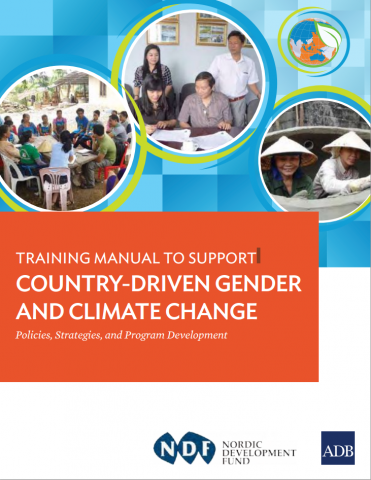

Lessons from climate action in one marginalised group can enable broader conceptualisations of concepts such as climate justice and climate urbanism. I contextualise the need for an intersectional approach by looking at Irish Travellers as a marginalised group and the current Irish climate policy context. An intersectional approach allows scholars to investigate groups of people through multiple axes of identity and consider the kyriarchal multiple systems that dominate and oppress people. Building on the work of academics, artists, and activists working with indigenous communities, this article advocates for an intersectional approach to climate urbanism amongst marginalised groups. However, by only considering dominant narratives within climate urbanism, we risk perpetuating the inequalities that already exist for marginalised groups. Criticisms exist that climate urbanism is a continuation of neoliberal urbanism with little to no consideration of marginalised groups’ experiences. Climate justice often focuses on the scale of the urban through climate urbanism, which is emerging as a new mode to consider how urban lives are lived in relation to the climate crisis, mitigation, and action.

Academics and activists have called for climate policies and practices that affirm climate justice ensuring that climate policies cater for all rather than reinforcing existing systemic inequalities. Experiences of and responses to climate change are diverse, influenced by many socioeconomic, spatial, and physical factors.


 0 kommentar(er)
0 kommentar(er)
